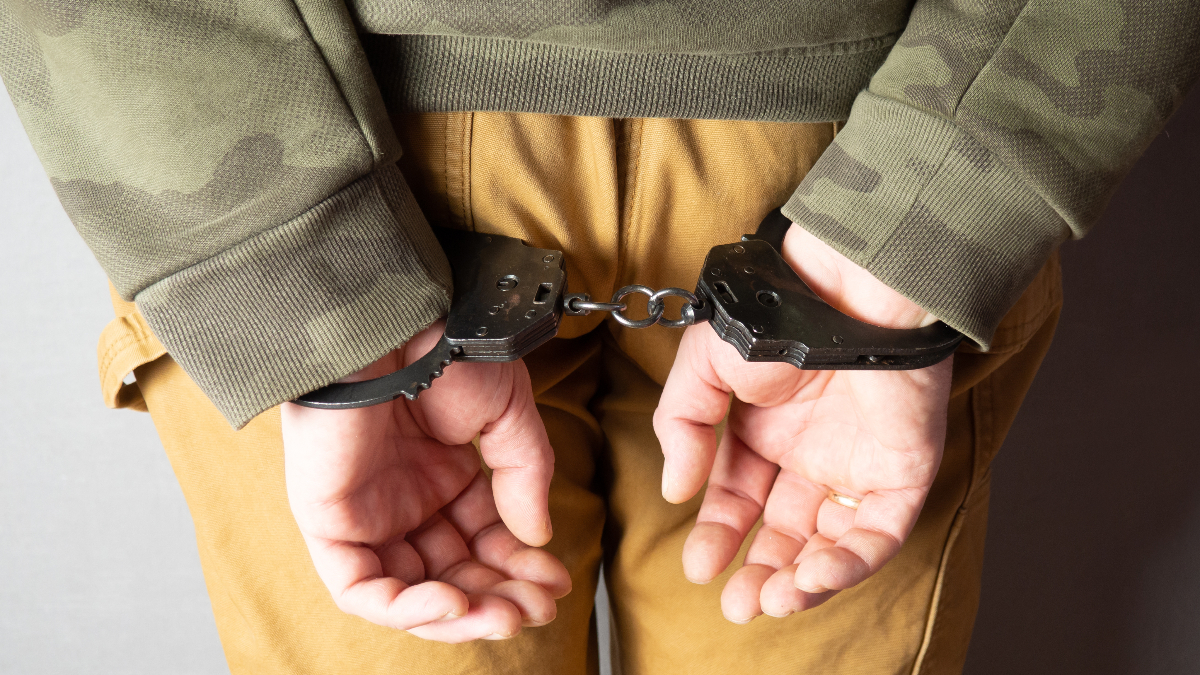Being charged with a crime can be one of the scariest things someone could go through. Whether you are guilty or not, being brought to court for something you did not do can have scarring effects on your life. You may have heard about people being wrongfully convicted and spending years in jail for crimes they did not commit. If this were to happen to you, it would be extremely difficult having to spend time behind bars when you never committed any wrongdoing against anyone else. Fortunately, there are steps that you should take if you find yourself in this situation. Being aware of these six steps will help tremendously because it’s likely that your lawyer won’t cover them during the trial process:
Hire an Experienced Criminal Defense Lawyer
The penalty for a misdemeanor conviction is usually minimal unless you have been convicted of previous misdemeanors or felonies. Unfortunately, the crime you are being charged with could be something serious such as committing a bank robbery, and if found guilty, can result in years of jail time. With this type of case, you must work closely with a good lawyer from a reputable criminal attorney firm that works on cases like yours regularly. Hiring someone who knows how to maneuver their way through your particular court is vital to receiving the most favorable outcome out of your case. They will also be able to provide you with a very accurate estimate of your charges, which will determine how long they have been practicing as a lawyer.
Be Honest With Your Lawyer
When being questioned by the police, it is always best to answer their questions without giving out any more information than needed. Responding to their general inquiries with concise answers will help your case tremendously because you cannot be charged for lying if you just give them minimal evidence during questioning. This also helps your attorney build an effective criminal defense strategy that works against the prosecution’s claims. A skilled criminal defense attorney can find a way around false accusations if given enough time and details about what happened on the day in question. They will also advise you on the best way to handle any questions thrown at you by the prosecution.
Do Not Talk To Anyone About Your Case
The state will have a lot of evidence up their sleeve to prove you guilty if they have enough evidence linking them to your case. For this information not to be used against you, you shouldn’t talk to anyone about the details of your case before going in front of a judge or jury for final judgment. This includes talking to friends and family members because no one knows which way the trial will go from here on out. If someone tries contacting you, let them know that only your lawyer and yourself should be speaking about this particular subject until further notice. You can also contact your lawyer or their staff and ask them to speak on your behalf when needed.
Keep Your Personal Affairs Out Of The Case
There will be a lot of sensitive information brought forward in court, such as any previous arrests you may have had before getting charged with this crime, and how well you were able to pay your bills during the time of the trial. It is best to keep your personal affairs separate from this case so that it does not bring further damage to your reputation. This will help your case tremendously because you won’t look like someone who should be receiving a harsher sentence than what you are already facing for whatever crime you were brought upon. Not only that but keeping your life separate from this case will help keep you from making a bad impression in front of the judge and/or jury.
File A Motion To Suppress Evidence
Your lawyer will file a motion to suppress evidence if they feel that the search and seizure done by the police were illegal according to your state’s laws. If this is granted, then any evidence found during this time would not be used against you in court. This is oftentimes an effective counter because it can help get your charges reduced greatly depending on what type of evidence has been brought forth by the prosecution against you. A cluttered trial means less credibility because it looks like they did not do their due diligence in investigating all aspects of what happened leading up to and during your arrest.
File A Motion To Dismiss The Case For Lack Of Evidence
If no evidence links you to the scene of the crime, then your attorney may file a motion to dismiss the case. This may include having witnesses testify on your behalf regarding your whereabouts if you were not present during the time of the crime. For example, if you saw another suspect leaving the scene of the crime but can verify that they are not guilty, it will help build more credibility for why circumstances happened as they did and clear away some of those charges against you. This can reduce or even dismiss any charges brought against you depending on pre-existing circumstances surrounding your case at this point.
Fighting for justice can be a long and grueling process, especially if you were brought up on some type of charge. However, as long as your defense attorney can build a solid case against the prosecution with enough time and details, you may be able to reduce or even dismiss the charges brought against you. So, before going in front of a judge or jury, make sure to follow these six crucial steps to strengthen your defense strategy further down the line.

